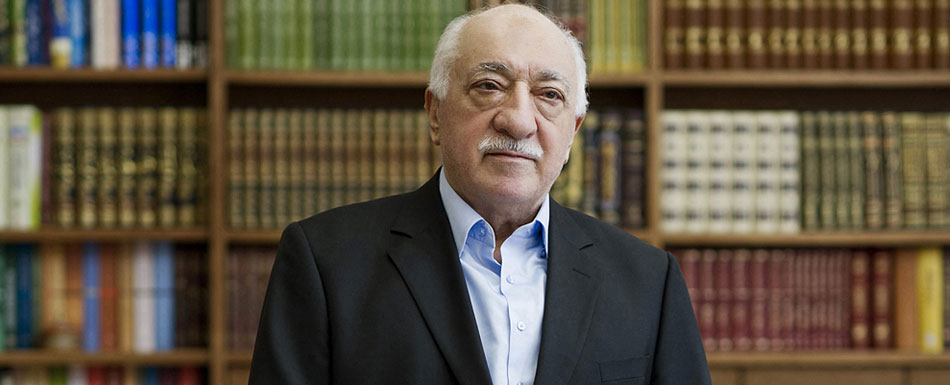How do the protectionists in Turkey act against civil society initiatives and services?

The protectionist groups are apprehensive that they might lose their direct control over power and their collective vested interests within the system, so they direct their aggression at the Gülen Movement at least partly in order to repair this loss in the eyes of the general public and their supporters. They do this to show that they are still the masters and owners of all in Turkey. They believe it is their prerogative to think and act in this way. They therefore do not respect and recognize anyone else who is successful and influential in the public space, or who affects mentalities and attitudes in Turkey and guides people.
The protectionist groups have a common interest in keeping the system closed as far as possible. They react predictably to hold on to their established position within that system by resisting alternative initiatives and projects. Benefitting from the legal vagueness and the cohorts they have developed and installed within the judiciary and military, they counter-mobilize against civil society and the consolidation of constitutional and participative democracy. They see freedoms, rights and alternative ideas that arise from civil society outside their cliques and clubs as excessive, unnecessary, and a threat to the System. Under the guise of safeguarding secularism and the System, they have always sought to reduce everything produced in civil society to political in-fighting, threats or manipulation.
As a result, when mutual recognition and respect breaks down, their aggressive feelings gain prominence and are redirected onto their “adversary.” The protectionist groups, which are in decline within the political system and which have lost the esteem of the overwhelming majority of the masses they despise, showed clearly in the presidential election in 2007 and the related discussions and in the process of making constitutional reform or amendments that they have a common interest in keeping the system closed as far as possible. They react predictably to hold on to their established position within that system by resisting the intended outcome. They counter-mobilize against civil society – in this case, against the Gülen Movement. Wherever it is possible for them to do so, they impose selective and exclusionary restrictions on the criteria for social movement ventures and services.
Examples of the selective and exclusionary restrictions they imposed include the imposition of co-ed schooling even in the private school system; blocking access to certain departments in higher education for vocational school graduates, especially those from Imam Hatip (religious training) schools; banning qualified women who wear a headscarf from state and public institutions and public space; blacklisting and boycotting private companies run by business people from the faith communities; blacklisting certain newspapers and reporters; and dismissals of military and judicial personnel who do not appear to support the protectionist ideology and protect its adherents from legal action against.
- Created on .
